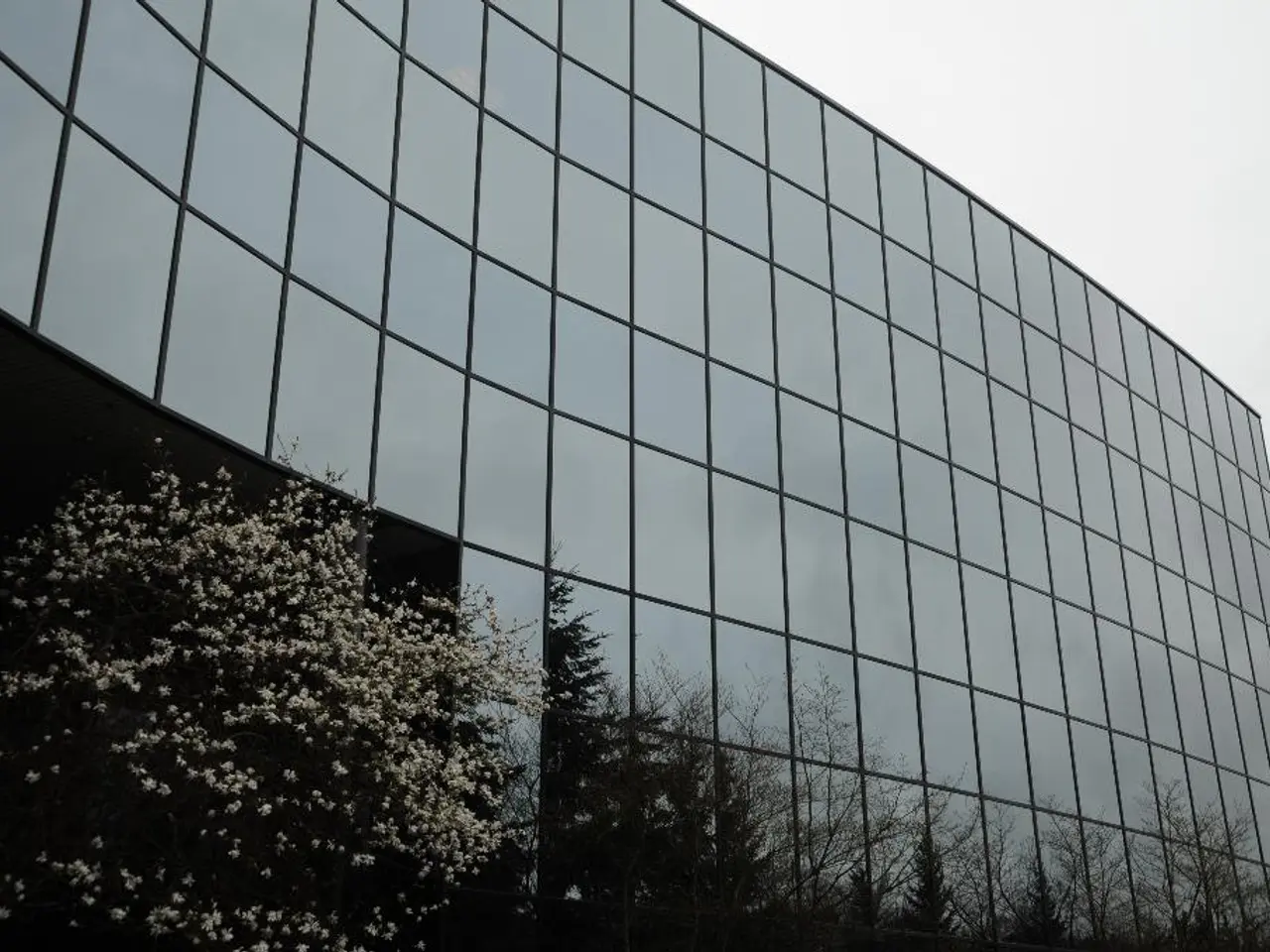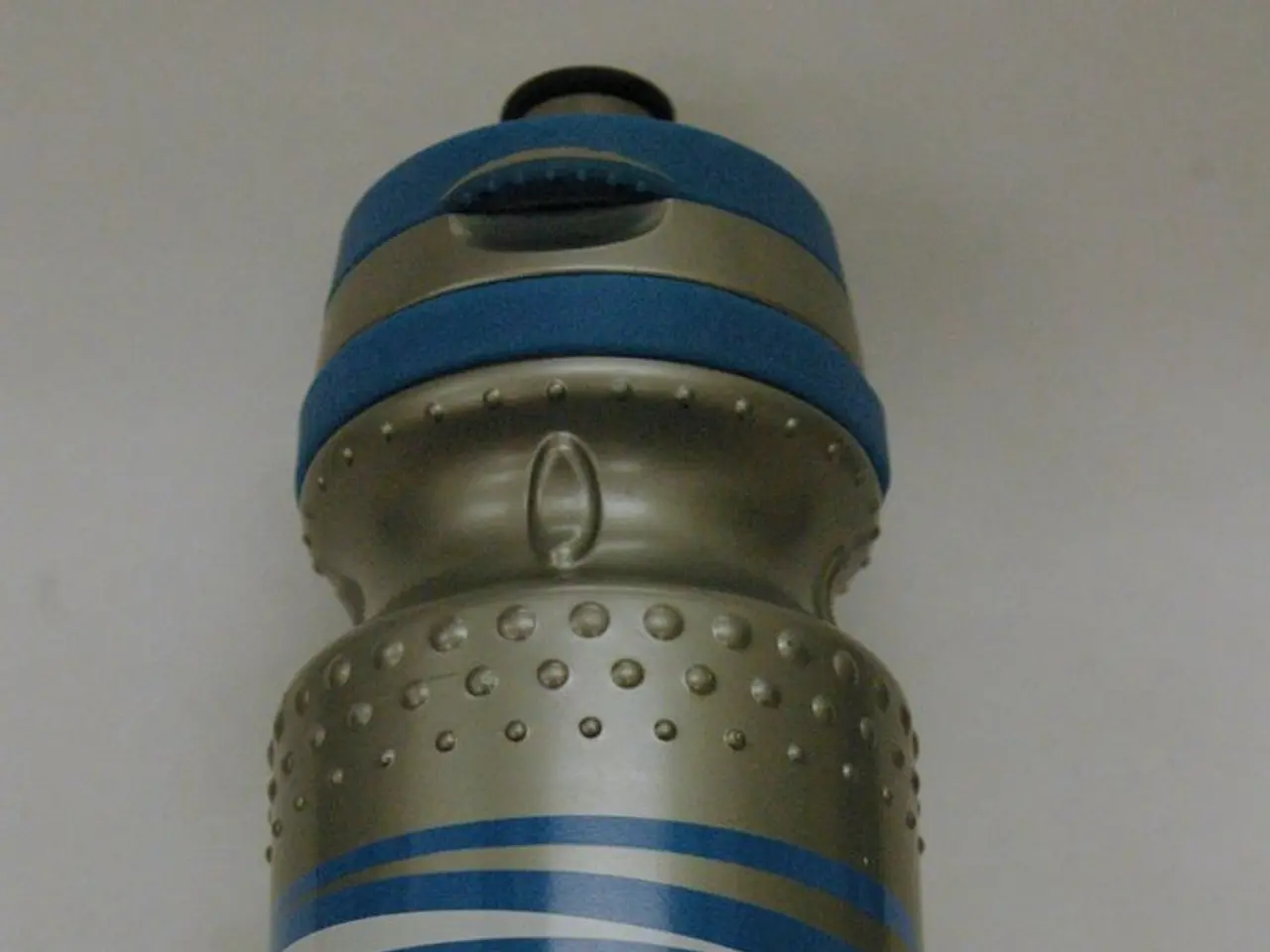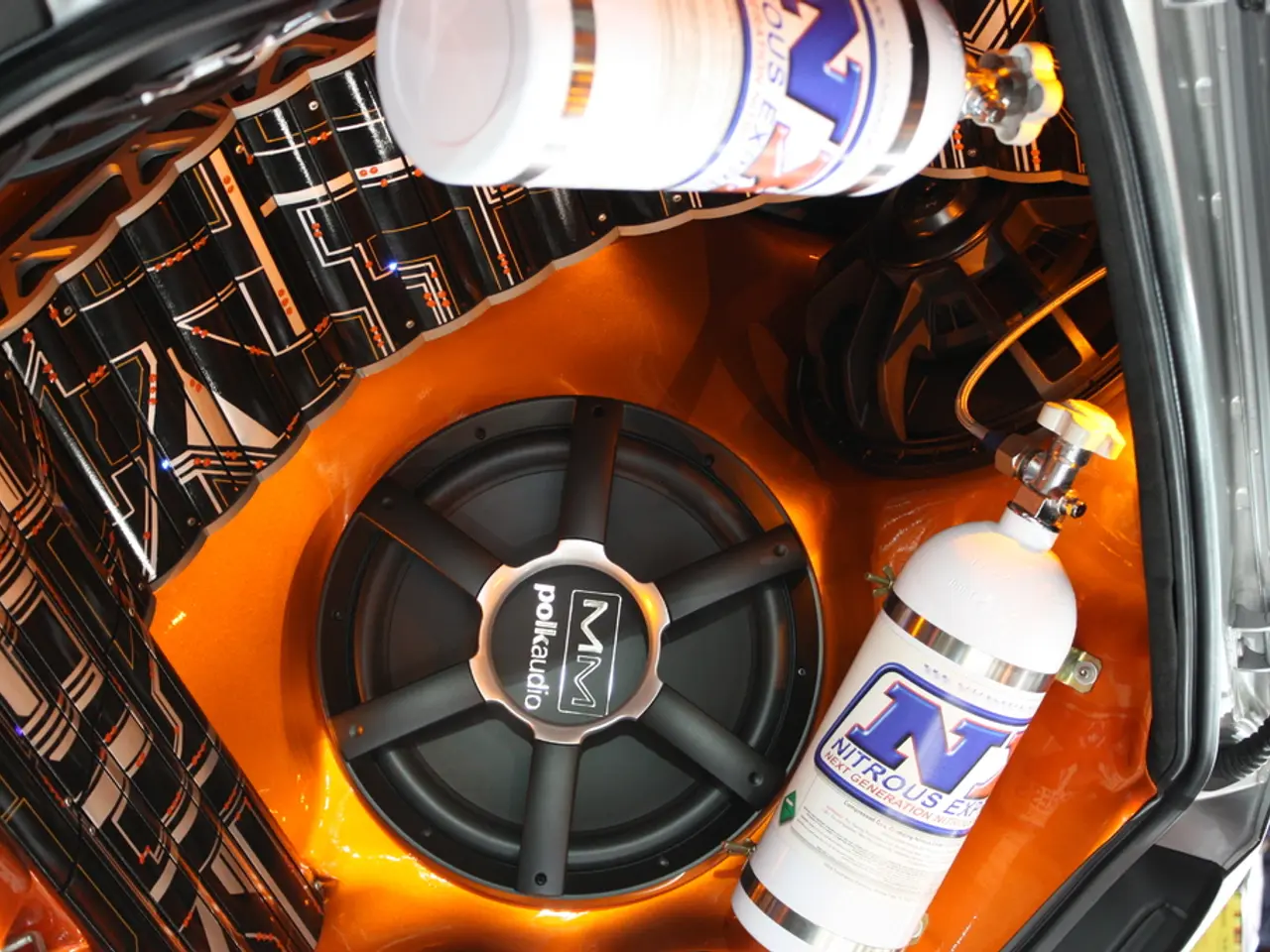Review of MiaSole® Thin-Film Solar Panels
MiaSole, a solar panel manufacturer based in Santa Clara, California, and China, offers a unique product in the solar industry - flexible thin-film solar panels made from Copper Indium Gallium Selenide (CIGS). These panels have several advantages and disadvantages compared to traditional silicon-based photovoltaic (PV) solar panels.
Advantages of MiaSole’s Flexible CIGS Thin-Film Solar Panels
- Flexibility and Lightweight: MiaSole's panels are flexible and lightweight, allowing installation on curved, uneven, or unconventional surfaces such as building facades, vehicles, tents, or portable devices.
- Thin and Aesthetic: The thin-film technology enables very thin and sleek modules that can be more aesthetically pleasing and integrated more seamlessly into architectural designs.
- Better Performance in Low Light and High Temperatures: CIGS panels tend to perform better than silicon at low light levels and have better temperature coefficients, meaning they lose less efficiency at higher temperatures.
- Less Material Use and Potentially Lower Manufacturing Carbon Footprint: Thin layers of semiconductor material are used, reducing raw material consumption, and flexible substrates can be less resource-intensive in some manufacturing processes.
- Potential for Roll-to-Roll Manufacturing: The manufacturing process can be similar to printing or coating on flexible substrates, promising potentially faster and cheaper large-scale production.
Disadvantages Compared to Traditional Silicon PV Panels
- Lower Efficiency: CIGS thin-film panels generally have lower power conversion efficiencies than the best crystalline silicon panels.
- Durability and Lifetime Concerns: Thin-film, flexible panels typically have shorter lifespans and may degrade faster than traditional silicon panels.
- Higher Cost per Watt Currently: Although the potential exists for low-cost manufacturing, currently flexible CIGS panels often remain more expensive per watt than established silicon PV due to less mature scale and supply chains.
- Installation and Handling Complexity: While flexible, these panels need careful handling to avoid damage, and specialized mounting or encapsulation systems may be required.
- Less Widely Proven and Adopted: Silicon PV technology is mature, well-tested, and has a massive installed base globally. CIGS technology, especially flexible variants like MiaSole’s, is still emerging and lacks the extensive track record silicon has.
A Comparative Look
| Feature | MiaSole Flexible CIGS Thin-Film | Traditional Silicon PV Panels | |------------------------------|-------------------------------------------------|-----------------------------------------------| | Form Factor | Flexible, lightweight, thin | Rigid, heavier, thicker | | Efficiency | Moderate (15–18%) | High (20–23%+) | | Performance in Diffuse Light | Better | Good, but less efficient in low light | | Temperature Sensitivity | Better performance at high temps | Efficiency drops more with heat | | Durability/Lifespan | Shorter lifespan, less proven | Long lifespan (~25+ years), highly reliable | | Installation Flexibility | Can be installed on flexible/curved surfaces | Mostly flat, rigid installations | | Cost | Potentially higher cost per watt (currently) | Generally lower cost per watt due to scale | | Maturity/Track Record | Emerging technology | Mature, widely adopted technology |
In conclusion, MiaSole’s flexible CIGS thin-film solar panels offer unique advantages in flexibility, lightweight design, and performance in challenging lighting/temperature conditions. However, they currently lag behind crystalline silicon in efficiency, durability, and cost-effectiveness for general large-scale power generation applications.
For solar installation services in North Carolina and Virginia, 8MSolar, a local installer with over two decades of experience, can be contacted at 919-948-6474. MiaSole's products can be purchased through a network of resellers across the U.S. and directly from their website. 8MSolar can assist in evaluating offers from local solar installers to make an informed decision about solar installation, whether it's thin film, silicon PV, or both.
It's worth noting that MiaSole's solar panels are guaranteed to retain at least 90% of their initial production capacity after 10 years and a minimum of 80% after 25 years. These panels may be particularly suitable for unconventional roofs or structures, prioritising aesthetics, and are particularly useful for properties with metal roofs.
- MiaSole's solar panels, being flexible and lightweight, are well-suited for unconventional surfaces like building facades, vehicles, tents, or portable devices, making them an attractive option in the renewable energy sector.
- The thin-film technology used in MiaSole's solar panels enables very thin and sleek modules, offering a more aesthetically pleasing and seamlessly integrated product, particularly for architectural designs.
- These solar panels prove advantageous in low light and high-temperature conditions, as they perform better and have better temperature coefficients than traditional silicon-based photovoltaic (PV) solar panels.
- The manufacturing process of MiaSole's solar panels has potential for roll-to-roll manufacturing, promising faster and cheaper large-scale production, which could accelerate the adoption of renewable energy.
- However, despite these advantages, MiaSole's flexible CIGS thin-film solar panels currently show lower power conversion efficiencies compared to traditional silicon-based PV panels and may have shorter lifespans and degrade faster, which should be considered when evaluating the long-term benefits of solar energy systems.




